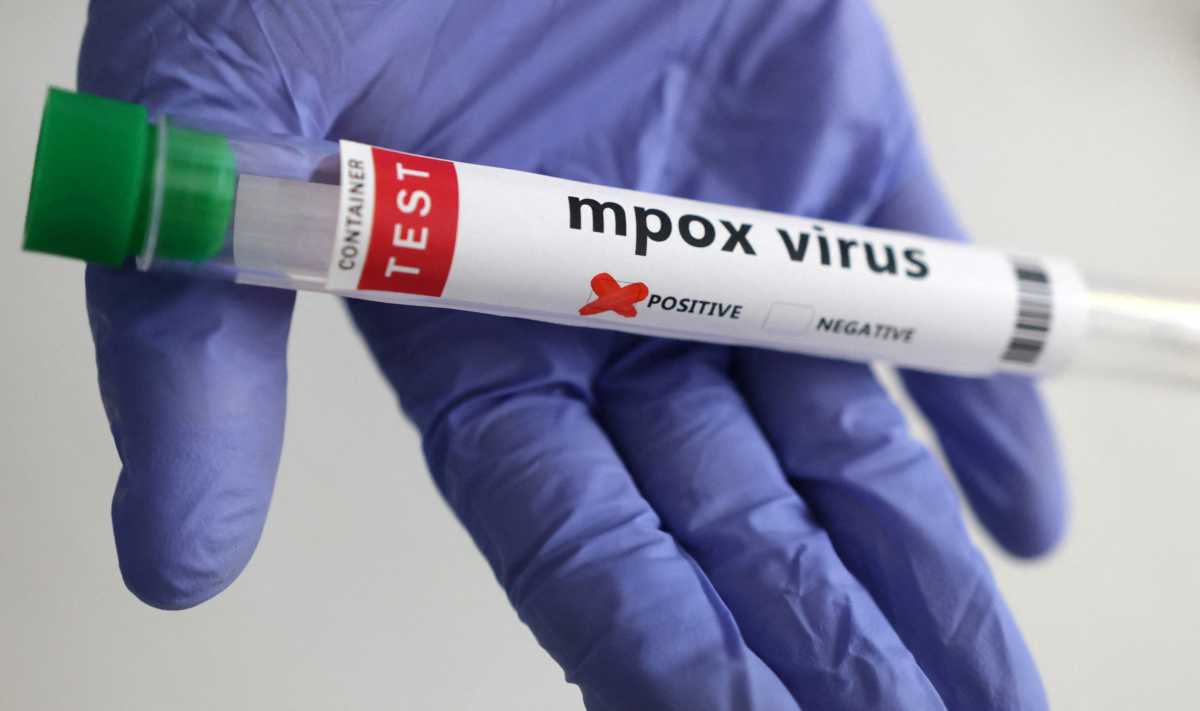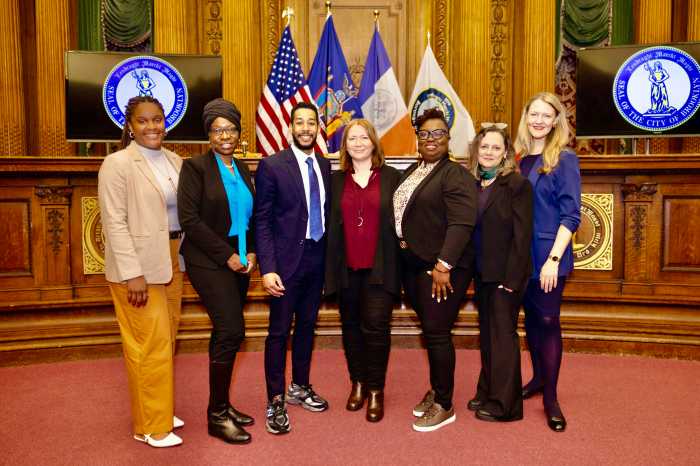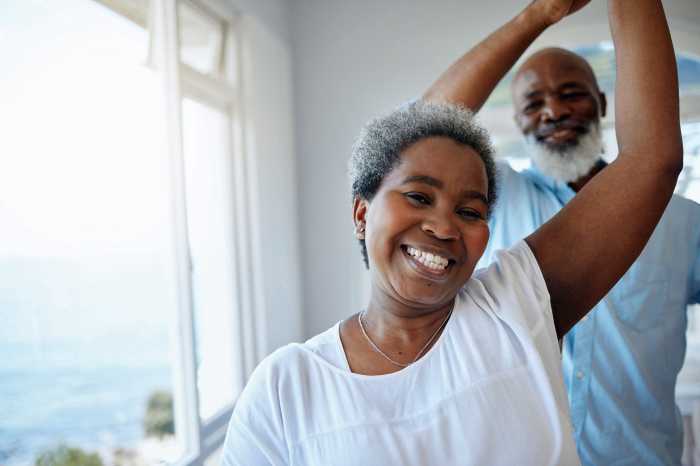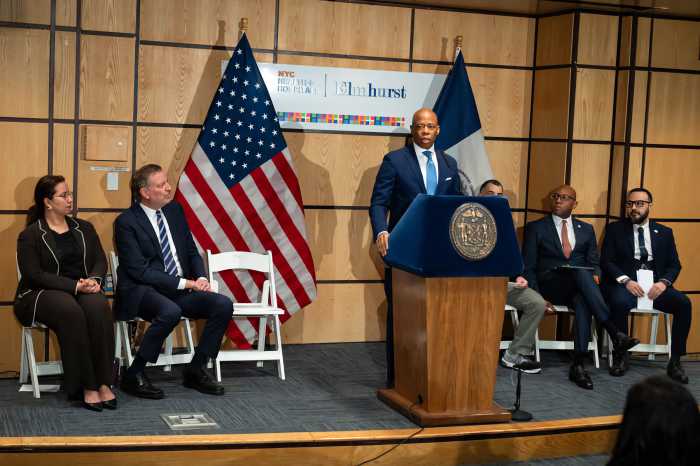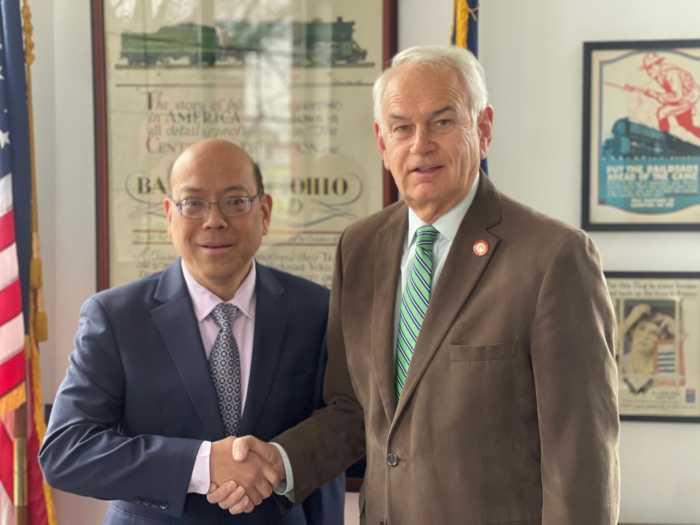Caribbean governments Friday appealed to the region to take precautions against the mpox disease outbreak saying it is not impossible for it to spread from Africa to the Caribbean in the coming months.
Bloc Chairman and Grenadian Prime Minister Dickon Mitchell said health officials and the public need to be on the lookout especially for the clade1b version of the disease as he called for a proactive posture to prevent any outbreak in the region.
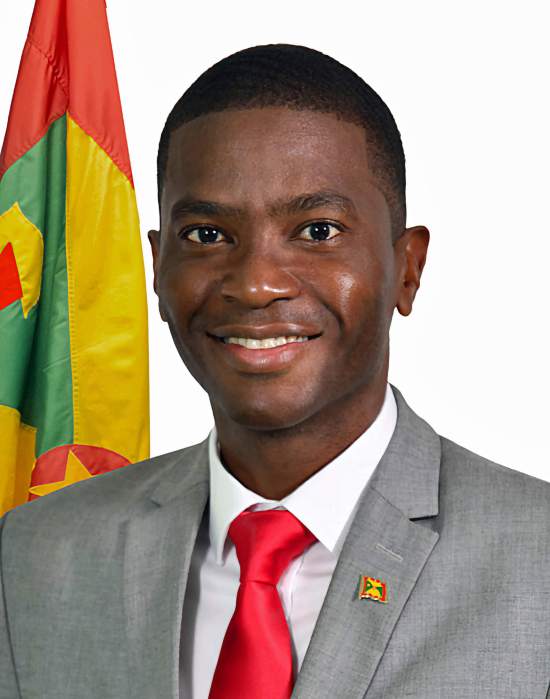
The World Health Organization (WHO) recently declared the mpox outbreak, classifying it as a public health emergency of international concern, necessitating a unified and proactive approach by governments worldwide.
“Mpox is a zoonotic disease caused by the monkeypox virus that can spread through direct contact with infected individuals, animals, or contaminated materials. The current outbreak has shown a rapid increase in cases, particularly in the Democratic Republic of the Congo and neighbouring countries, with the potential for further spread globally. Although the Caribbean Public Health Agency (CARPHA) has reported no cases of mpox clade 1b in the Caribbean Community to date, enhanced surveillance for rapid identification of possible cases is essential to ensure the safety and health security of our citizens,” PM Mitchell said.
He said that the Trinidad-based CARPHA has been mandated to work with the CARICOM secretariat in Guyana “to ensure a well-coordinated regional and international response. “CARPHA will continue to work with member states and CARICOM IMPACS to monitor incoming passengers and facilitate the rapid identification of potential cases. Regular updates will be provided on the risk status as more information becomes available and if more cases are identified outside of Africa.”
Meanwhile, Jamaican Health Minister Chris Tufton said this week that the island is well prepared to tackle any outbreak of the virus and the health ministry is prepared to share its limited supplies of vaccines with fellow CARICOM nations. He said Jamaica has learned a lot about managing health crises in the aftermath of the 2020 Covid-19 pandemic.
“The fact is that Jamaica is perhaps more prepared than most other countries around the world. For starters, we have some experience, having had cases back in 2022 and 2023. We did make provisions for testing and still are able to do that and we have vaccines in terms of giving protection to other persons who may have been exposed. And so, what is important now is to provide information and this is what we’re doing without causing panic. So, I think we are at a level of comfort in terms of managing the circumstances and just to reassure Jamaicans that we will do whatever is necessary, as we have done in the past, to provide adequate protection,” he said.


